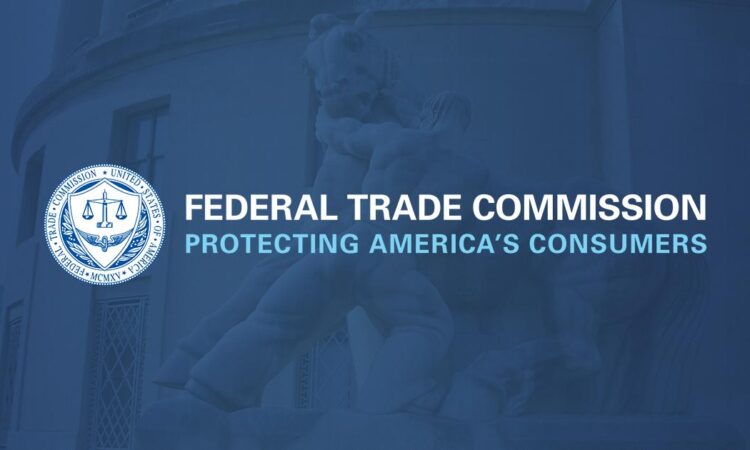
The Federal Trade Commission is taking action to block the proposed merger between the nation’s largest provider of home mortgage loan origination systems and other key lender software tools, Intercontinental Exchange, Inc. (ICE), and its top competitor, Black Knight, Inc. The deal would drive up costs, reduce innovation, and reduce lenders’ choices for tools necessary to generate and service mortgages.
“For many Americans, buying a home is an important investment toward building financial security,” said Patty Brink, Acting Deputy Director of the Bureau of Competition. “This deal would reduce competition in key areas of the mortgage process, ultimately raising costs for lenders and homebuyers. The FTC will intervene when illegal mergers risk harming competition in such critical markets.”
Loan origination systems (LOS) are software used to manage the documents and workflow required to generate a mortgage. ICE owns the dominant LOS in the United States, called Encompass. Black Knight owns the second largest LOS in the United States, known as Empower. In the complaint filed today, the FTC alleges that this deal would allow ICE to raise costs to lenders, which would then be passed to homebuyers.
In addition to harm in the LOS market, the deal would also harm competition for product pricing and eligibility engines, or PPEs, and other various ancillary services that are add-ons to loan origination software. PPEs are used by lenders to obtain the best interest rates for the homebuyer. If the deal proceeds, it would eliminate PPE competition between the merging parties and would increase ICE’s ability and incentive to use control of its LOS to undermine competition from harm rival PPEs and other add on providers.
Buying a home is one of the most important decisions American consumers make, and most homebuyers rely on a mortgage to finance their purchase. In 2021, over 4,300 mortgage lending institutions, including small banks, large banks, credit unions, and independent mortgage banks, reviewed 23.3 million mortgage applications and originated 15 million mortgages.
ICE’s Encompass LOS competes head-to-head with Black Knight’s Empower, and the two companies offer discounts and price concessions to win or protect business from each other, according to the FTC’s complaint. In addition to competing on price, ICE and Black Knight compete to attract LOS customers by offering the best and broadest array of mortgage origination related services integrated with their respective LOSs.
ICE and Black Knight also compete to sell a host of key related services, including PPEs. PPEs depend on integrating with an LOS, and the PPEs owned by ICE and Black Knight are the two most significant PPEs serving lenders on Encompass, the FTC said.
By eliminating Black Knight as a competitor, the deal would free ICE to more aggressively raise prices that it charges mortgage lenders for origination services, the FTC said. Internal ICE documents reflect its use of several “levers” to grow revenue, including price increases to Encompass customers, according to the FTC’s complaint.
Black Knight has proposed to remedy the competitive harm resulting from the proposed deal by selling its Empower LOS and some related services to a technology company, Constellation Web Solutions, Inc. According to the complaint, the proposal does not address the anticompetitive effects in the market for PPE software and would not replace the intense competition between ICE and Black Knight in the LOS market.
ICE is a publicly traded company headquartered in Atlanta that provides market infrastructure, data services, and technology solutions, including trading platforms, clearinghouse services, and mortgage technology. Black Knight is a publicly traded company headquartered in Jacksonville that provides software, data, and analytics for the mortgage, real estate, and consumer loan markets.
The Commission vote to issue the administrative complaint was 4-0.
NOTE: The Commission issues an administrative complaint when it has “reason to believe” that the law has been or is being violated, and it appears to the Commission that a proceeding is in the public interest. The issuance of the administrative complaint marks the beginning of a proceeding in which the allegations will be tried in a formal hearing before an administrative law judge.
The Mergers III division of the FTC’s Bureau of Competition was responsible for this matter.






